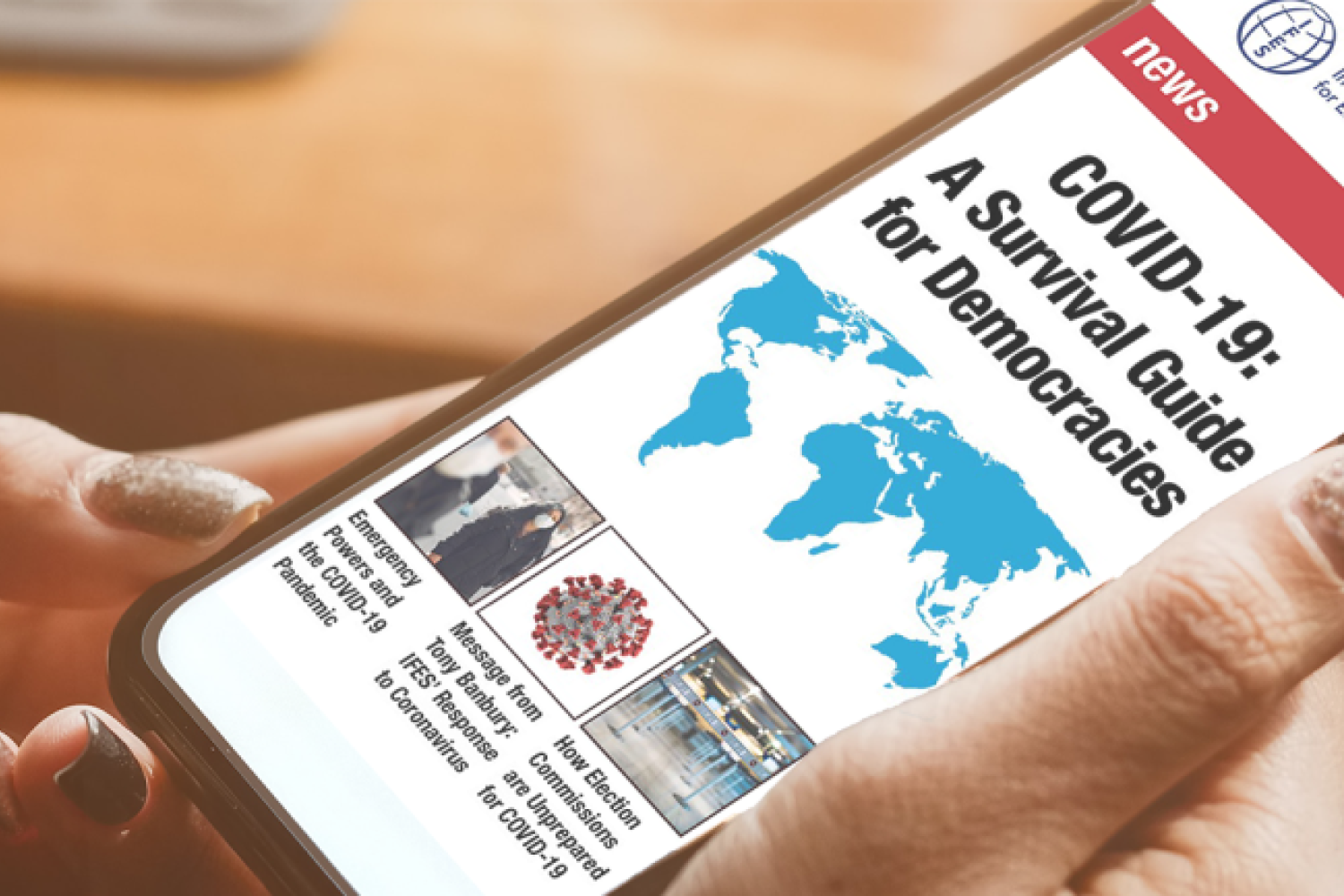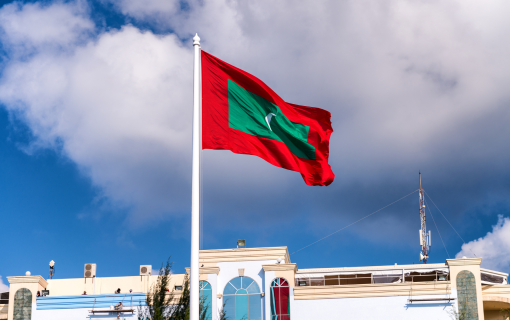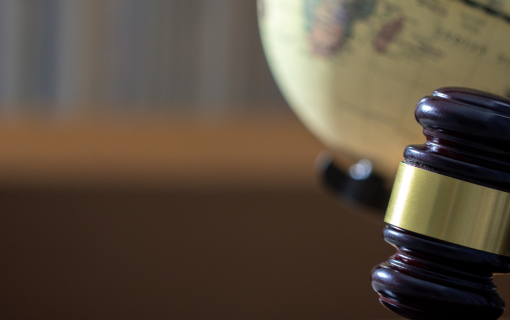
Elections and COVID-19 – What We Learned from Ebola
International Foundation for Electoral Systems President and CEO Anthony Banbury's piece, "Opinion: Elections and COVID-19 – what we learned from Ebola," was published by Devex on Wednesday, April 8.
In 2014, Ebola raged across West Africa. It was also a critical election year for Liberia, whose devastating civil war had put the country on a tenuous democratic path — one suddenly threatened by a public health crisis.
In the face of uncertainty and after two postponements, the administration of Ellen Johnson Sirleaf — the president of Liberia at the time — made the brave decision to go forward with elections. This decision was crucial to ensure continuity of government and to maintain Liberia’s fragile peace. Without an election, the terms of half the senators in the Liberian Legislature would have expired without successors, triggering a constitutional crisis. With an election, Liberia’s democratic evolution would continue. My organization, the International Foundation for Electoral Systems, was on the ground to support Liberia’s National Elections Commission throughout the entire process.
The lessons we learned from Liberia’s successful election in 2014 are relevant today as governments around the world face the common threat posed by COVID-19.
Elections are possible even in the direst of public health environments.
First, elections are possible in dangerous public health conditions if election officials cooperate with health, security, and other key authorities. Second, elections are imperative to protect democratic rights at a time when significant state power is being concentrated in the executive branch through the exercise of powerful emergency measures. And finally, elections must be preserved in times of crisis, as they anchor public trust in national institutions and hold public officials accountable.
Elections are possible even in the direst of public health environments. At the height of the Ebola epidemic in Liberia, the International Foundation for Electoral Systems worked with the National Elections Commission and medical experts to integrate a range of practical health measures, such as social distancing and revised processing, to ensure the safe exchange of ballot papers, ID cards, pens, and other common voting materials. During poll worker training, we incorporated an unprecedented focus on the role of queue controllers and testing the temperatures of voters. And we supported an aggressive voter education effort — built upon an extensive public health campaign — which proved critical to changing citizens’ behavior.
As a result of these measures, the election proceeded without disruption or significant public health consequences. Liberia’s democracy, at a critical stage in its evolution, was able to take a step forward rather than be beaten back by the threats presented by Ebola.
At a time of national crisis, elections are essential because they reinforce democratic institutions and the rule of law. Their postponement can have significant implications for democracy, power, and governance, especially when governments are authorized to use exceptional authorities. Mishandling or manipulating elections during such a crisis can drive the long-term decay of fundamental freedoms, solidify state capture, and feed corruption. As James Madison, the architect of the U.S. Constitution, wrote, "Where … elections end, tyranny begins."
The pandemic comes at a precarious time for many democracies around the world, which are already struggling to meet the expectations of their populations. A recent Pew Research Center survey of global attitudes toward democracy showed dwindling trust in institutions and elites. But it also showed that the overwhelming majority still believe that voting gives people some say about how the government is run. Electoral postponements, cancellations, or interference in response to COVID-19 — even if well intentioned — could strike a devastating blow against the remaining trust the public places in governing institutions around the world. It is clear that COVID-19 is a public health crisis and an economic crisis; it also risks sparking a serious democracy and governance crisis in many countries.
The pandemic is affecting democracies around the globe. General and local elections have already been postponed in more than 40 countries, including Sri Lanka, as well as some presidential primaries in the U.S. The countries that have recently moved forward with elections, such as France and Iran, faced a number of challenges. The next countries whose elections will be put to the test are Mali on April 19 and the Dominican Republic on May 17.
Planning for elections must start as early as possible; electoral administrators must work closely with public health authorities, security services, and other key state actors; and the public must be kept well-informed throughout the planning process so it understands the rationale for any changes made to voting processes.
To avoid challenges at the polls — and potentially a democracy crisis — prompted by COVID-19, countries should heed the lessons from Liberia’s experience with elections and Ebola. Planning for elections must start as early as possible; electoral administrators must work closely with public health authorities, security services, and other key state actors; and the public must be kept well-informed throughout the planning process so it understands the rationale for any changes made to voting processes.
Even while COVID-19 poses serious risks to societies around the world, it also offers the opportunity for democratic governments to demonstrate their commitment to serving the interests of those whom they govern. The clearest expression of this commitment is by holding free and fair elections.











